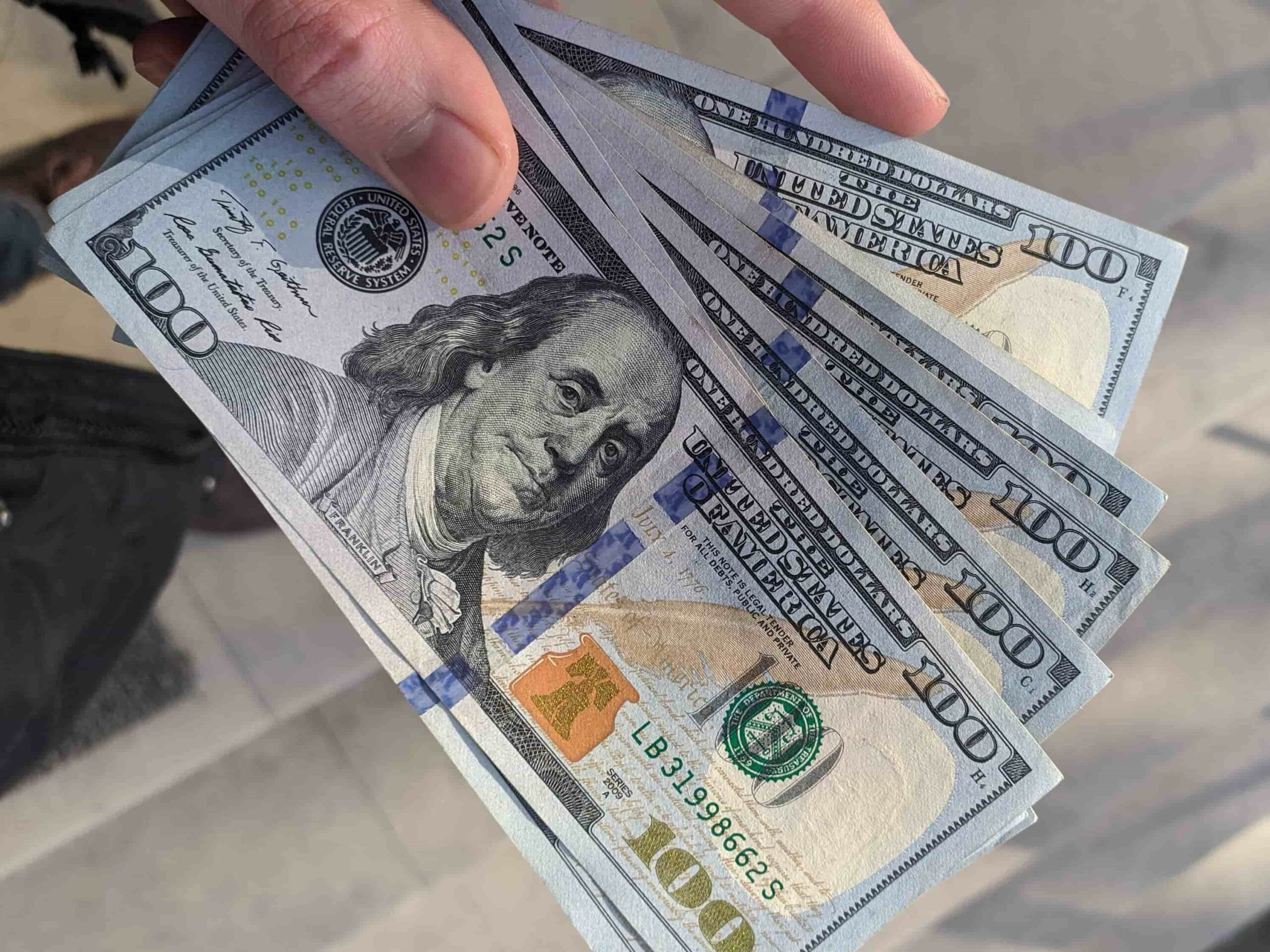It’s no secret that the cost of living has been on the rise in recent years. From the cost of groceries to the price of gas, it seems like everything is getting more and more expensive. So, when it comes to big-ticket items like heat pumps and air conditioning systems, it’s only natural to wonder if HVAC prices will go down in 2023. Prices of air conditioners, heat pumps, and furnaces are not likely to decline, but they may stabilize. Let’s take a look at five factors that could affect HVAC system prices in the coming year.
Inflation will increase HVAC prices
Inflation will undoubtedly impact air conditioner prices in 2023. In general, inflation refers to the increase in the prices of goods and services over time. When inflation goes up, so do HVAC prices. Inflation has been as high as 7% in 2022, which means that HVAC unit prices likely increased at a similar rate in 2022. The good news is that inflation levels are declining, so there’s a chance that HVAC equipment prices won’t rise as much as they have in the past.
Labor costs will increase heat pump installation prices
Another important factor to consider when predicting heat pump prices is labor costs. As you might expect, it costs more to hire qualified HVAC technicians now than it did a few years ago. This is due to a variety of factors, including an overall shortage of qualified workers and an increase in the cost of living. As labor costs continue to rise, it’s likely that HVAC prices will also go up.
Supply Chains will help to stabilize air conditioner prices
A third factor to consider when predicting heat pump prices is supply chains. In recent years, there have been disruptions in global supply chains due to trade wars and natural disasters. This has caused the price of many goods and services to increase. Most heat pump brands are produced internationally, which means they are especially susceptible to supply chain disruptions. However, there are signs that supply chains are beginning to stabilize, which could lead to lower HVAC equipment prices in 2023.
Refrigerant prices will likely not impact HVAC unit prices
There are several factors driving up the price of refrigerants, but we expect prices to stabilize. All heat pumps and air conditioners need refrigerant so an increase in the cost of refrigerant will increase the cost of heat pumps and air conditioners. Refrigerant prices increased dramatically a couple of years ago due to regulation changes and increased demand for greener refrigerants. The market has now stabilized and we don’t expect large refrigerant price swings until the R-410A phase-out begins. The phase-out was originally planned for January 1, 2023, but it is now expected to begin in 2025.
Improving system efficiency and equipment durability will increase HVAC prices
The last factor driving HVAC price changes is the improvements to efficiency and durability in modern air conditioning equipment. HVAC equipment continues to get more expensive partially because it continues to get better and better. Long term higher efficiency systems will save you money, but it definitely hurts the wallet upfront. Even though it hurts, it is generally worth paying for a high-efficiency energy star heat pump, air conditioning system, or natural gas furnace. It is especially important to buy high-efficiency HVAC equipment if you live in a place with high energy costs like Massachusetts.
So, what does all this mean for HVAC prices in 2023? In short, it’s difficult to say for sure. However, based on the factors we’ve discussed, there’s a good chance that HVAC prices will stabilize. If prices do increase, the increase will likely be much smaller than in previous years. If you’re thinking about investing in a new heat pump, furnace, or air conditioning system, it is a good idea to get one sooner rather than later. For the best prices, you should target the shoulder seasons in Massachusetts when technicians are less busy.




